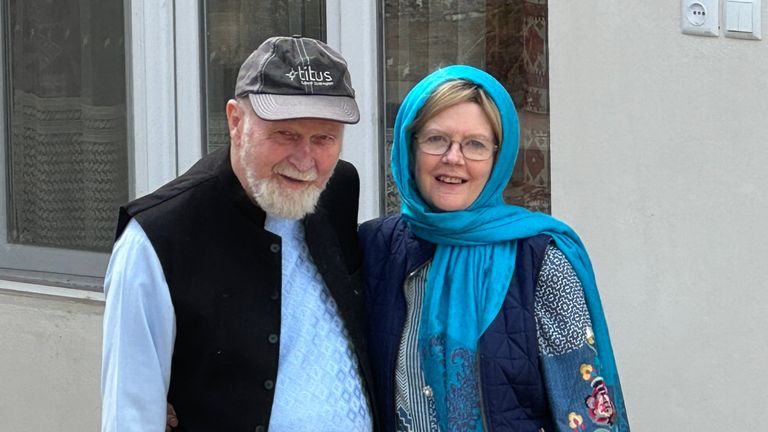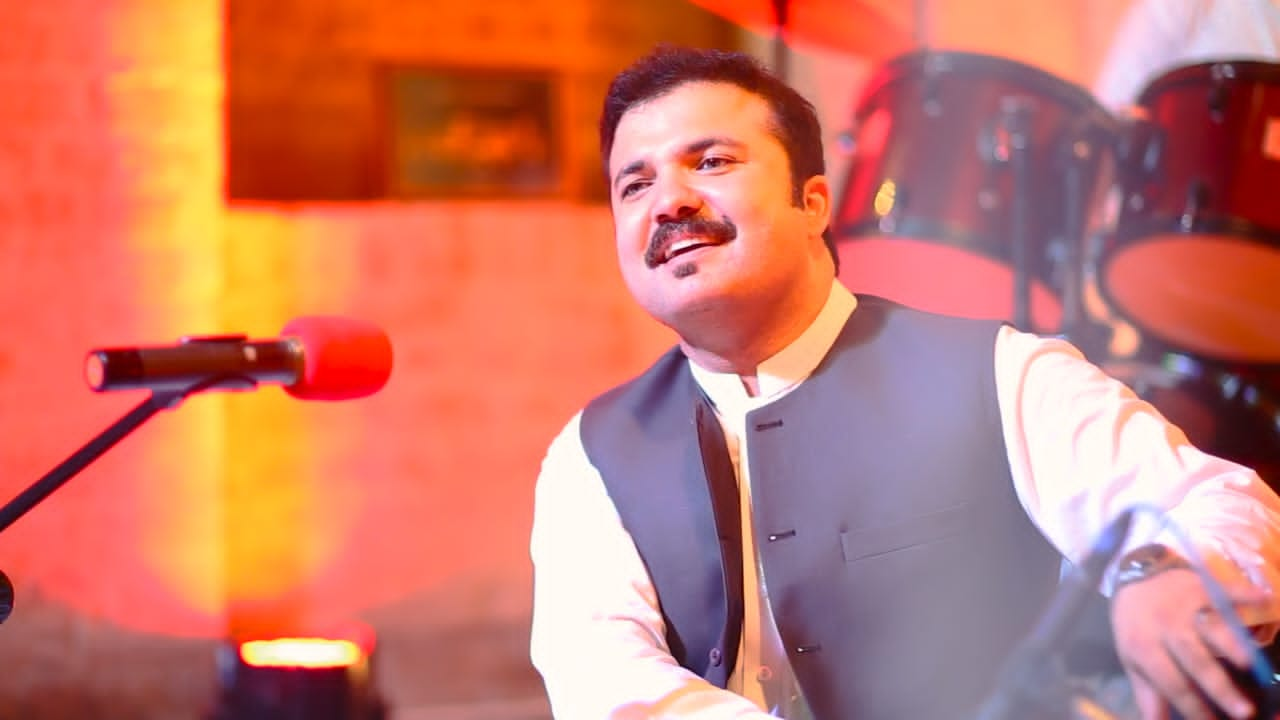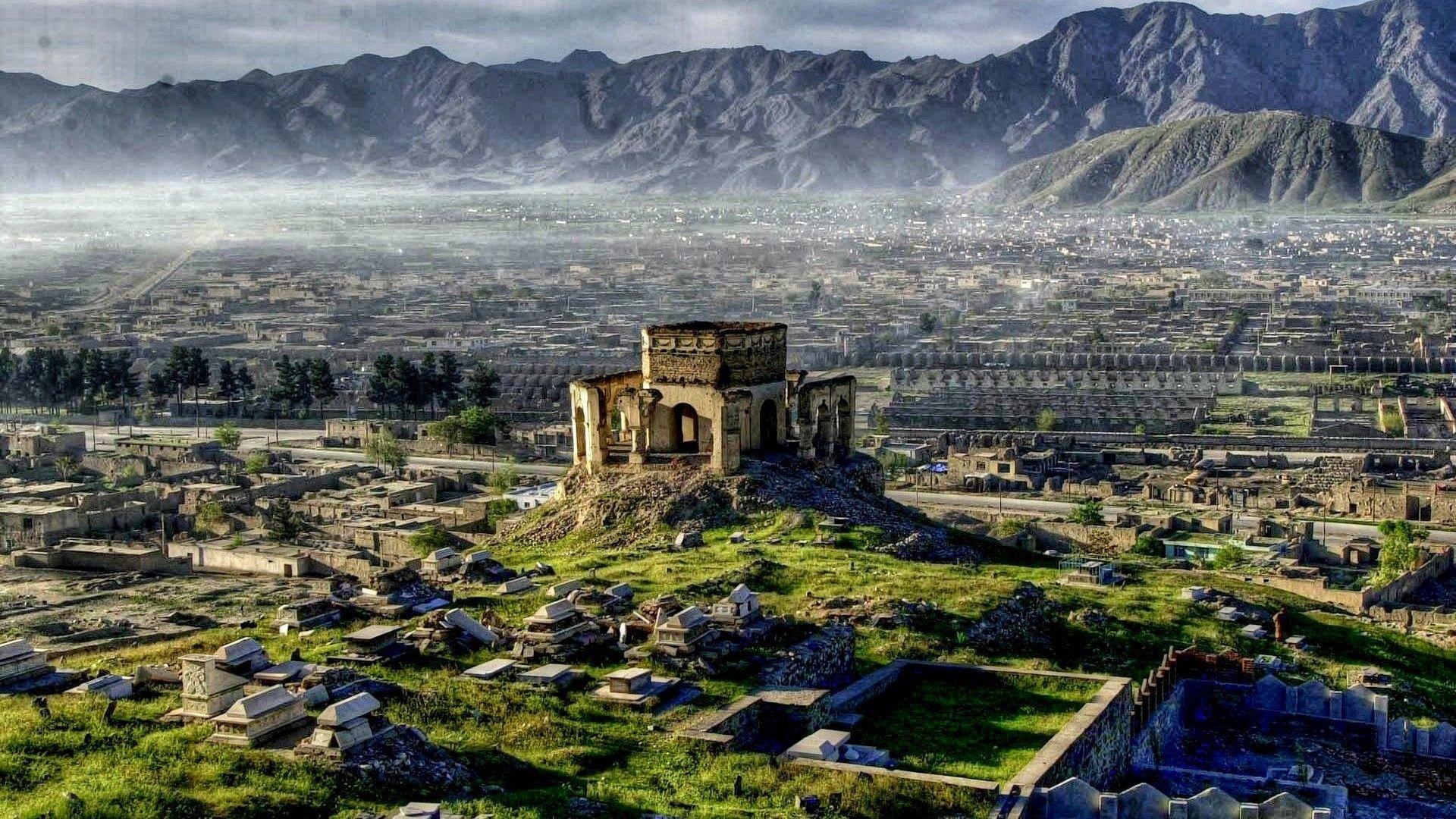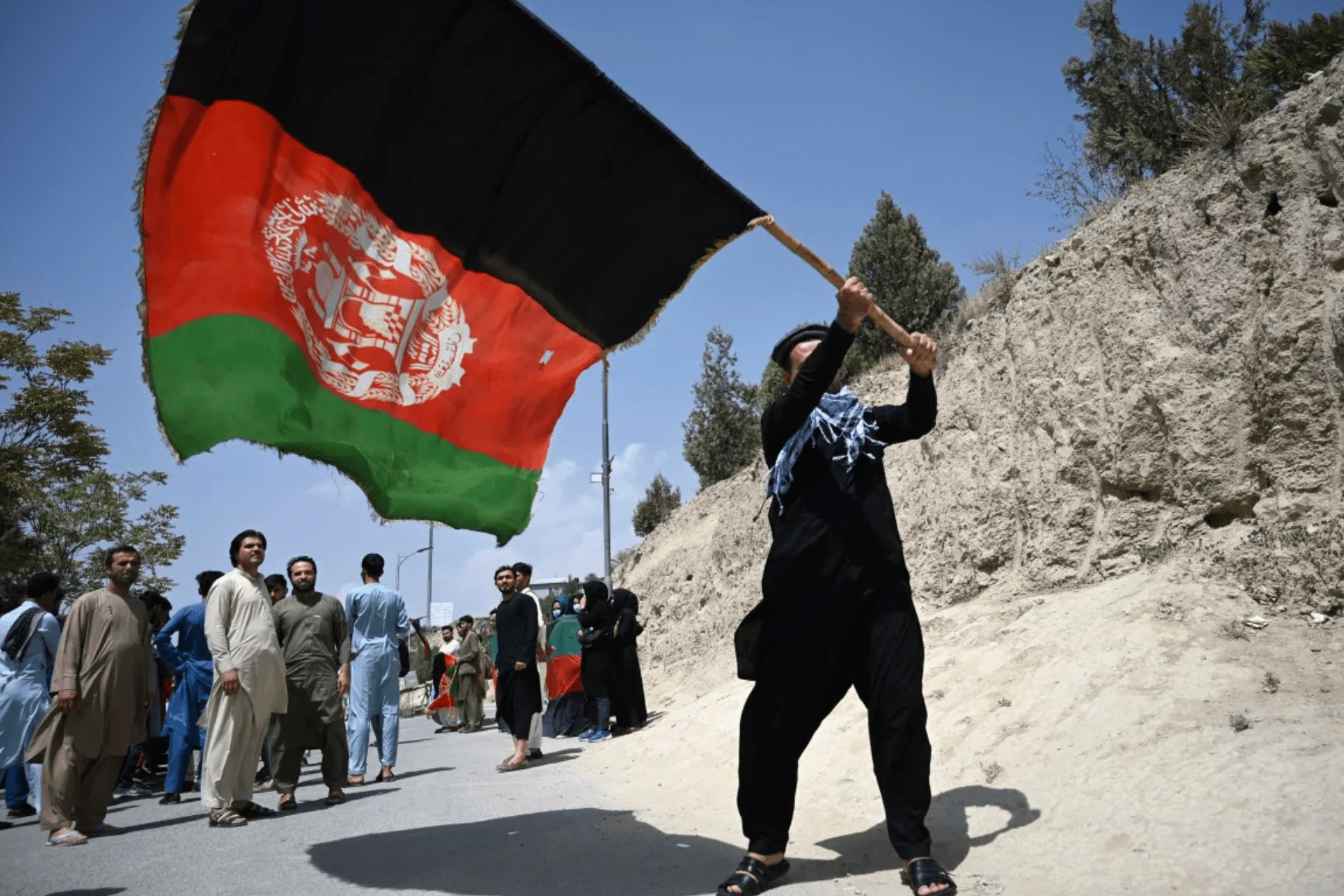Pieces of Peace
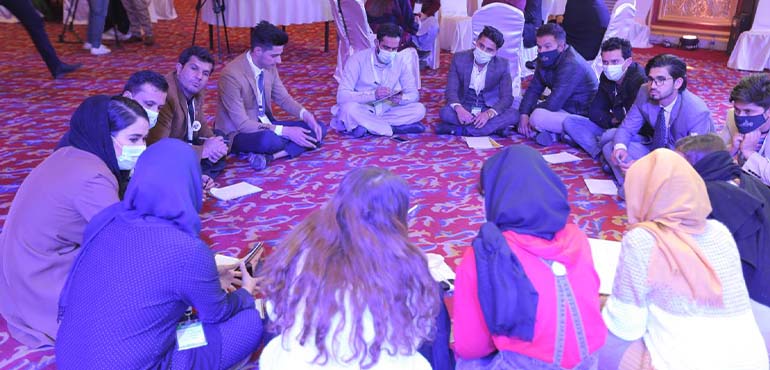
Zarlasht Sarmast
December 5th/2020
Kabul Afghanistan
While Afghanistan and the people are experiencing some very difficult times, an opportunity was created by Artlords office in Afghanistan for the youth to come together from different corners of Afghanistan (Kandahar, Nangarhar, Bamyian, Mazar-e Sharif and Herat) and exchange ideas on how can they be part of the peace process. Throughout the conference some of the main question that were raised are the following: who are the youth and what is their role when it comes to peace building in Afghanistan, where can they start from and how can they move forward?
The conference included talks, panels, workshops and group work by local and international experts from United States, Australia, Sri-lanka, Rwanda, Colombia and many other countries on topics like the Doha Agreement, the ongoing peace talks between the government and the Taliban, Conflict analysis, Youth and Resources and many other important topics. While being part of this conference as a host and delegate, I realized that it is these kinds of events that can bring the change that we need in our society. When talking to other young people at the conference, I realized that we are all the same and we all want the same thing: “Peace”. Looking at the people in several groups who were brainstorming on finding answers to the above-mentioned questions, I started thinking about the terror attacks that have been happening in Kabul and in several other provinces. Then I thought about the organization of those attacks by other groups of people, maybe some of them are also in the same ages as the participants of this conference. Maybe they also have “conferences” to brainstorm on how to attack and how to kill the people of their own country. So, if they can start from somewhere and implement their plans, we can also use opportunities like “Pieces of Peace” and start implementing our own plans for bringing peace, unity and harmony into our lives and our society.
If they gathered, had a meeting and planned Natasha’s death, Yama’s death and many other innocent people’s deaths we can also gather and plan on changing someone for the better, changing ourselves for the better, changing our families and friends for the better. We can also gather, meet, plan and implement peace-building projects. Even if they are small projects and even if our first project is working on ourselves, realizing our own wrong doings and fixing them. When we do that, we know that we have taken our very first steps towards peace and harmony.
The most important part of the conference for most participants was the Doha Agreement. Everyone had a lot of questions about the whole process. Questions like, why was the first agreement between the Taliban and the US only? Why is the office of Taliban in Qatar? Why does Qatar fund groups like the Taliban? And many other questions. But then, everyone came to one agreement towards the end of the sessions and that was: not to pay a lot of attention to what is not right, not to pay attention to events they are not part of and they are not given the right to speak or share their opinions, instead focus on what they can do, what are the available resources and opportunities they can benefit from in order to be a part of the peace process of the people on a personal, family, community and finally country level.
Something that stick to my mind and I have been thinking about it is that if we all pledge to be good people and help others around us as much as we can, we might actually be able to bring a positive change. This we can start from very small things, like: being truly good, meaning we don’t harm others with our words or actions, stop making fun of people, people’s ethnicities, their religion, they way they dress or talk and so on, if we start of thinking this way and encourage others to do the same we might actually be able start taking the very first steps towards a sustainable peace in the country. Yes, this requires time and a lot of practice but it is not impossible. This is the big lesson I learned from the conference and I have made a pledge to pass this on to others.
Tips on how you can start taking your first steps towards sustainable peace:
- Make a personal commitment to peacefulness and being truly good
- Maintain a good behavior at home with your family members
- Maintain a good behavior with your friends and colleagues
- Help those in need and encourage others to do so, especially children
- When you see someone in trouble, whether he or she is lost, confused, upset, or has fallen, don’t act like you don’t see the person – provide some help.
- Show your friend / colleague or a child, how to achieve calmness through deep breathing
- Show a child how to be kind to animals
- Speak out against prejudice and discrimination when you see it
- When you feel angry, count to ten before saying anything. Then, ask yourself what response will be best for the greater good
- When you feel slighted, ask yourself if what happened was really about you or if it was about the other person
- Look people in the eye and smile when you pass them on the street. Better yet, actually say, “Hello.”
- Don’t hide from life. Have faith that there is still an abundance of good in this world
- Share the above and encourage others to do the same.
- 2020 Dec - 07



